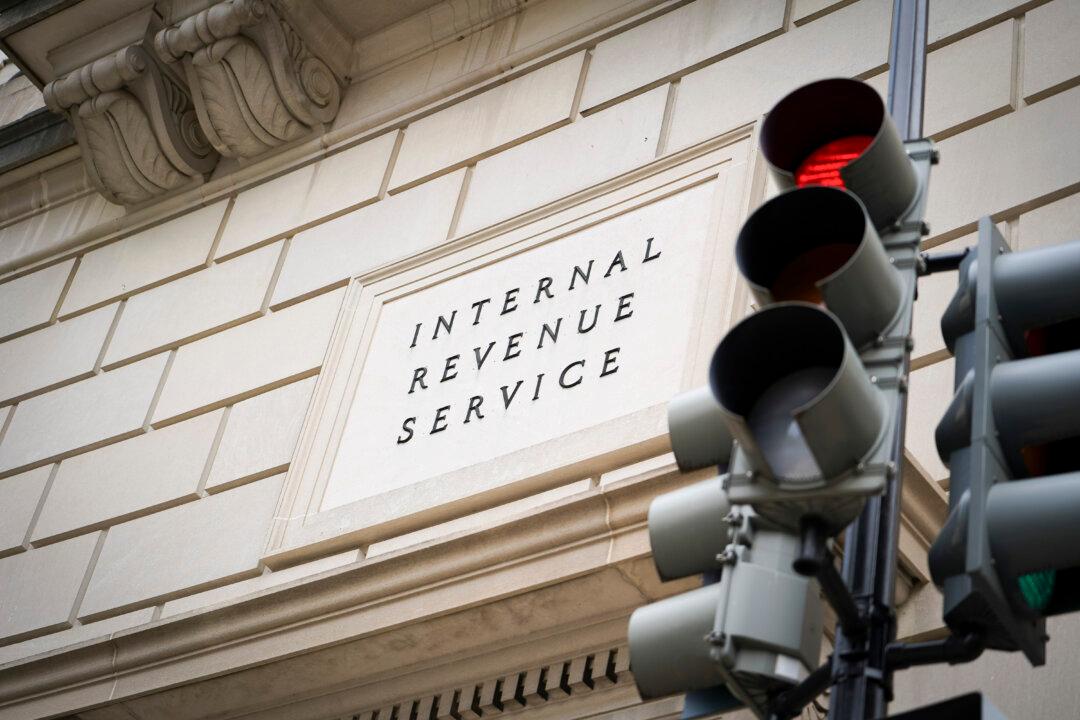These retirement accounts were created so companies could get out of managing pensions, and the bankers can use them to prop up financial bubbles to profit from. It’s supposed to be your retirement money, but try to take some out for your needs and you get hit with a government imposed penalty. And these investment bankers that manage the accounts on your behalf treat you terribly. You get poor customer service as they act like its their money, and they try to push you into what the investment firm wants you to do with it. And when their financial bubbles eventually pop, they wipe out a significant chunk of people’s retirement unless they’re smart enough to change how it’s invested. And just look at the rules the government imposes on you regarding these accounts with mandatory withdrawals or another imposed penalty. Many are better off managing their own investments and financial future, paying their taxes up front, and you can use your money if you need it without penalty (you don’t pay capital gains unless you exceed a certain income amount per year). And worth pointing out, these bankers and their government stooges say they shoot for 2% inflation, which is devaluing your wealth and retirement, but inflation is always much higher than what they tell you (just look at what you’re paying in groceries today).
The IRS has reminded retirees aged 73 and over to take mandatory retirement withdrawals by Dec. 31 to avoid penalties under updated rules.

By Tom Ozimek
The IRS has issued a notice reminding retirees aged 73 and older to take required withdrawals from retirement accounts before a Dec. 31 deadline or face the prospect of hefty penalties.
The agency said in a Dec. 10 notice that required minimum distributions (RMDs) must be taken annually from traditional IRAs, 401(k)s, and other retirement plans. Failure to do so subjects the plan owner to a 25 percent excise tax on the amount not withdrawn, though the penalty drops to 10 percent if the shortfall is corrected within two years.
Penalties for failing to take required withdrawals may be waived entirely if the account owner can prove the error was “reasonable” and is being corrected. In order to apply for such relief, account owners must file Form 5329 and attach a letter of explanation.
While an IRA trustee or plan administrator may calculate the RMD, the account owner is ultimately responsible for ensuring the correct amount is taken, the IRS cautioned.
Changes introduced by the Secure 2.0 Act raised the starting age for RMDs from 72 to 73, giving retirees more time to keep funds in their accounts. Under the updated rules, beginning in 2033, individuals will not need to take the mandatory withdrawals until they reach age 75.
In its Dec. 10 notice, the IRS highlighted other updates introduced by the Secure 2.0 Act. These include the elimination of required minimum distributions for Roth accounts in employer-sponsored plans such as 401(k)s and 403(b)s, starting in 2024. This change aligns these accounts with Roth IRAs, which have long been exempt from lifetime RMDs.
The updated rules for RMDs continue to apply to traditional IRAs and IRA-based plans, requiring annual withdrawals once individuals reach the specified age, even if they’re still employed, the IRS noted.
Employer-sponsored plans are also subject to RMD rules, but withdrawals can be delayed until retirement unless the participants owns more than 5 percent of the sponsoring business. While Roth IRA owners are exempt from having to take withdrawals in their lifetime, beneficiaries must adhere to RMD rules following the account owner’s death.
The IRS cautioned beneficiaries of inherited retirement accounts to follow RMD rules carefully, as they differ based on factors like the account owner’s date of death and the beneficiary’s relationship to the deceased. Updated rules introduced a 10-year rule for most non-spouse beneficiaries, requiring the account to be fully distributed within a decade. Exceptions apply to certain eligible designated beneficiaries, such as spouses, minor children, and individuals who are disabled or chronically ill.